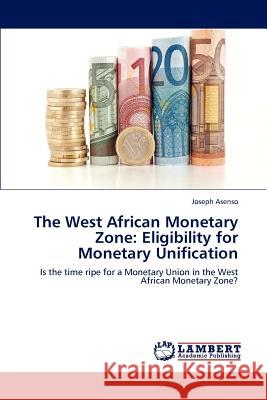The West African Monetary Zone: Eligibility for Monetary Unification » książka
The West African Monetary Zone: Eligibility for Monetary Unification
ISBN-13: 9783847377863 / Angielski / Miękka / 2012 / 180 str.
The desire to enhance intra-regional trade and the well-being of their citizens has led six West African countries - The Gambia, Ghana, Guinea, Liberia, Nigeria and Sierra Leone - to consider forming a monetary union. This would involve the use of a single currency, the Eco, issued by a new regional central bank, the West African Central Bank. The elimination of transactions costs associated with trade involving the of use of multiple currencies has been touted as the single most important benefit of this arrangement. On the other hand, the loss of monetary policy independence by countries and the attendant ramifications could pose a significant downside risk. The study seeks to ascertain the preparedness of the West African Monetary Zone (WAMZ) to form a monetary union by doing price trend analysis, demand and supply shocks analysis and trade endogeneity tests. From an economic point of view, the study results indicate that the countries should postpone this plan until their shocks begin to co-move in order to forestall an economic/financial crisis. The sovereign debt crisis of the euro area should serve as a caution to the WAMZ.











